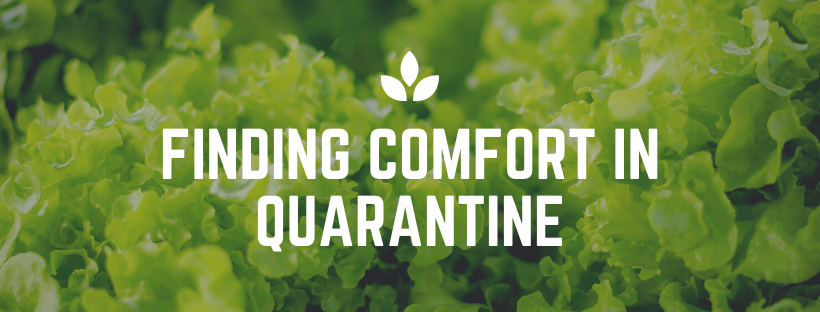|
It's been a wild ride these last few months as the threat and then reality of the COVID-19 pandemic has hit full force. Here in Pennsylvania, we were notified only yesterday about a state-wide shut down of all non-essential businesses, which many others have been facing for far longer and with even more restrictions. As the situation unfolds, we are each faced with some hard choices to make as our worlds shrink smaller and smaller. Taking a proactive and intentional approach to social distancing and quarantine will be instrumental in finding peace and comfort in an uncomfortable situation. Following are some strategies to keep in mind to practice good self-care and promote emotional well-being during this challenging time:
2 Comments
Diana L
3/19/2020 05:12:56 pm
Nicely written and very good advice especially about setting up a routine right away for each day during ‘quarantine’. Now to implement it...
Reply
Bethany
3/23/2020 10:03:02 am
Thank you so much! Yes the implementation is the hardest part. I find it most helpful to set the intention for the day at the very beginning when you wake up to try to stay accountable.
Reply
Leave a Reply. |
AuthorDr. Bethany Detwiler is a psychologist practicing in Allentown, PA. She specializes in mood and relationship struggles. She also is an adjunct professor of counseling at Lehigh University. Archives
June 2023
Categories
All
|
